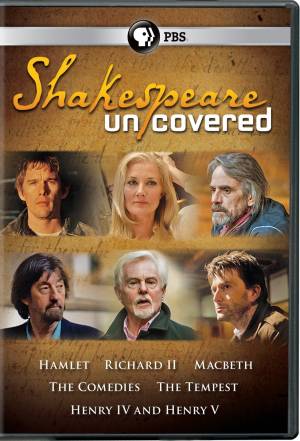A few weeks ago I attended the Gold Cost Film Festival's "Great Shorts 1."
I attended "Great Shorts 2" last year, and was looking forward to another great viewing of short films, and I was disappointed.
...Ok, I was only a little disappointed, but that was because there weren't any animated shorts (last year I remember seeing a few really creative ones.)
The shorts had extremely interesting concepts, many of them addressing modern issues. All of the films were realistic, and in a modern setting. I'll do a one-sentence summary and small, three-sentence review since there were a lot of shorts:
THE COME UP: A screen writer's quirky scam in order to get the funds to execute his film.
I wasn't terribly impressed with the plot until the end. The short was a chase scene, which cutely utilized film sets and movie props as weapons, but it didn't seem too original. At the end there was a clever plot twist (the chaser turned out to be the real thief), and this slightly redeemed the short.
THE EXCHANGE: In a world where people trade shares of themselves, an ex-girlfriend takes revenge.
The concept of this film was interesting, but the characters annoyed me; both main characters seemed not to have any redeeming features (the guy only cared about himself, and the ex was very nasty). The end, however, was amusing when the ex bought her boyfriend. I like how she flipped his break-up line "it's not personal, it's business" into "it's not business, it's personal."
DRONE: A military drone operator's morning routine.
The acting and tone of the film was excellent. The film seemed so surreal with the setting of a drone operator working alone in an office contrasted with the setting of his target in a desert thousands of miles away. The acting of the operator was at its peak the moment the drone dropped the bomb; it seemed like a video game, but when the operator started crying you realized the gravity of the situation.
FIRST THE WORST: Two young children debate who has the worst life.
This short was too short. The concept was cute, and the acting from the two kids was amazing. I loved the electricity between them when they were arguing over who had the worst life.
POSTMODERN TIMES: A humorous look at the modern lifestyle of increasingly-omnipresent technology.
I haven't seen the Charlie Chaplin film this short was based off of, and I'd like to. A well-done satire on modern technology...I loved the scene where the woman goes to work in her home office, and has to deal with multiple video chats and telephone calls. The scene where the power goes out, and the woman and her neighbor meet each other in real life was hilarious, yet painful (both were only dressed from the hips-up, since that's the only part visible in webcams.)
THE AUDITION: A short satire about how cut-throat the auditioning process is.
Exaggeration really makes this movie. I really like how the movie comes in a circle, beginning with the woman auditioning as "clipboard woman," progressing into the woman vomiting on command, then ending with the woman introducing herself as "clipboard woman" before leaving. It was hard to watch, but the message was clear.
SEPARATE WE COME, SEPARATE WE GO: A short about a girl and a friendly grown-up bonding.
One of the darker films in the short, the acting in this movie was very good. One of my favorite lines from the whole day was something along the lines of, "A boy in my class wanted to sail to France in a frying pan so he'd be kept warm."The transition from growing up fast, to momentarily regaining innocence was done well.
TIME FREAK: An inventor becomes caught up in the minutiae of daily life...and time traveling.
This short gave time travel a fresh light, which I respect, and I loved the inclusion of humor (the seriousness of the situation becomes insidious with the movie being mainly humorous). The acting was great, the actor of time traveller character really got across the transition from a slightly nerdy guy, to an OCD mad scientist. The ending came up a little short, however, because the character of the friend is now stuck in the past since he convinces his friend to not build a time machine (but I suppose it's believable, since he did make a snap judgement.)
SUDDEN DEATH!: Two scientists must battle a disease that causes sudden singing and dancing, while dealing with their true feelings of affection.
This film was hilarious in that it was a mock musical (it vaguely reminded me of Dr. Horrible), however the plot was a little confusing. The film felt a little long at times, too. I liked at the end the cast broke off into their ordinary lives before finishing the last line of the song...the sudden jump into reality made the film even more humorous!
---
After the shorts, there was a short discussion with the lady who chose all of the films (there was going to be a Q&A with the directors, but no one showed up). Apparently, anyone can submit shorts! ...Could this be a future project for STAC?




